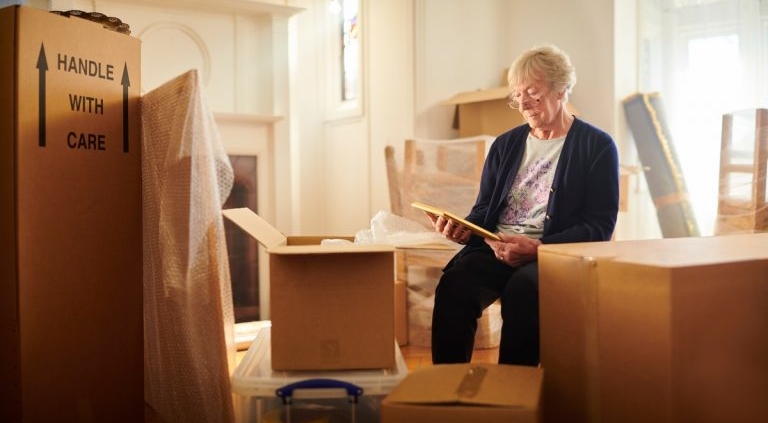Understanding Delayed Grief
By: Lauren Griffith
When you’ve lost a loved one, grief often comes in waves, which means it ebbs and flows.
It’s very normal to experience delayed grief. In many cases, people who have recently lost a loved one may feel numb or have little to no intense reaction shortly following their loved one’s passing.
It’s important to remember that this response is not abnormal. Everyone processes grief in many different ways, and some people do not feel the typical stages of grief until weeks, months or maybe even years until their loved one passes. This does not mean that they are not affected.
If you are going through a loss and do not think you fully feel it, you may be experiencing delayed grief. While you should confide in your close loved ones and mental health professionals about this, it is completely valid and normal.
The typical five stages of grief are denial, anger, bargaining, depression and acceptance. Some people who experience delayed grief do not start feeling these emotions immediately after their loved one passes away, which can be confusing for many.
The truth is that there isn’t a right or wrong way or time to grieve. Everyone will experience these emotions and feelings of pain and loss in different ways and at different times. How your fellow friends, family members and loved ones are processing the same loss as you could be completely different from how you experience the loss. And that’s okay.
Sometimes, years after losing a loved one, something could remind you of fond memories with them, and the stages of grief could wash over you at a time when you did not expect it. When this delayed grief presents itself, lean on your closest loved ones to support and lift you up. Do not feel ashamed or frustrated that you are still mourning someone you loved.
While grief may become less challenging to deal with in every life as time passes, it will always find ways to present itself and never truly go away. This is why it’s necessary to get the help that you need to process these feelings and lean on people who can support you in many ways when you need it.
If you think you are experiencing delayed grief or grief in general, Stuhr Funeral Home offers many resources to help you cope. From aftercare services to our ABCs of Grief Workshop Series to our weekly grief support group and grief counseling referrals, there is an option to help support you during the grieving process.
Remember that you are not alone in feeling this way, and many other people are also experiencing delayed grief over losing their loved ones. We encourage you to reach out to find the help you need whenever you are ready.
Stuhr Funeral Home, a trusted name in funeral service for more than 150 years, cares for families of those whose lives have ended. Stuhr Funeral Home is committed to providing quality arrangements to honor loved ones and family traditions. For more information about available funeral services, visit JHenryStuhr.com or call (843) 723-2524.



